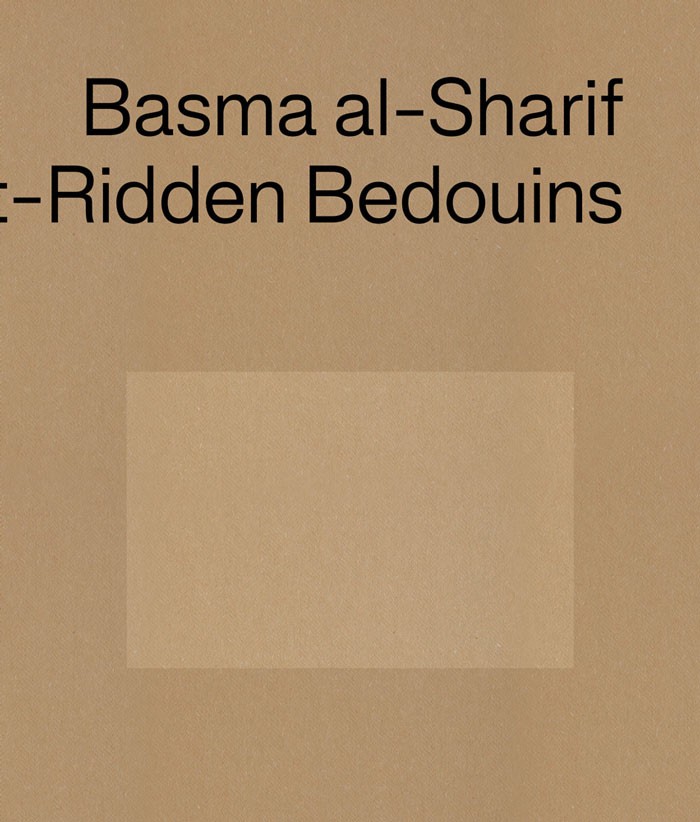
Pier Paolo Pasolini: Writing on Burning Paper
Annabel Brady-Brown ed., Giovanni Marchini Camia ed.
Published on the centenary year of Pasolini’s birth, Pier Paolo Pasolini: Writing on Burning Paper is a dual edition that stages a dialogue between cinema today and Pasolini’s timeless films and words.
The two complementary volumes slide into one another, forming a unique set that evokes and celebrates Pasolini’s enduring influence. The smaller book features his epic autobiographical poem ‘Poet of the Ashes’, in a revised translation by esteemed poet Stephen Sartarelli; the larger book comprises original tributes by vital filmmakers from across the contemporary cinema landscape.
Twenty filmmakers shared personal reflections in the form of essays, poems, photographs, drawings and more: Catherine Breillat, Luise Donschen & Helena Wittmann, Jia Zhangke, Radu Jude, Payal Kapadia, Alexandre Koberidze, Dane Komljen, Mike Leigh, Mariano Llinás, Roberto Minervini, Valérie Massadian, Luc Moullet, Ben Rivers, Angela Schanelec, Ulrich Seidl, Basma al-Sharif, Deborah Stratman, Anocha Suwichakornpong and Gustavo Vinagre.
Language: English







